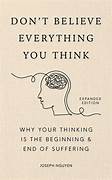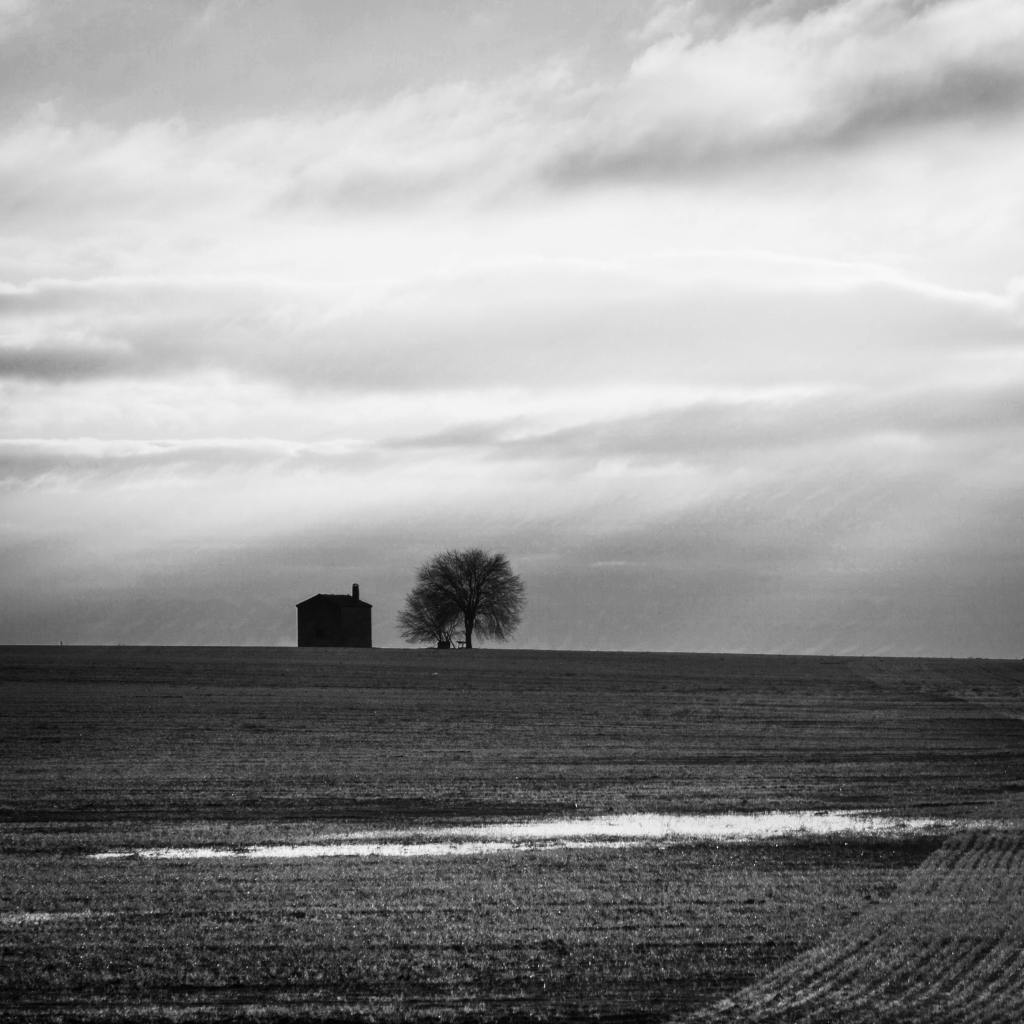The Merriam-Webster dictionary defines resilience as an ability to recover from or adjust easily to misfortune or change.
I recently completed a college childhood development course covering birth to adolescence. It was fascinating to learn the physical development of the brain throughout each stage of life and what components are responsible for various functions.
This was not only about physical milestones. It covered emotional and mental development and how children are able (or unable) to accomplish specific objectives. One reason more than ever I love working with middle school students is because I now have a greater understanding of what children mentally or emotionally can or cannot accomplish. When I help my students, in a way, I am helping my 13 something year old self.
The college text I used did not reveal any biases in terms of heavily liberal or conservative ideologies. Facts were presented with various childhood development theories (can I say here that I think Sigmund Freud was out of his mind?). Science and medicine is an ongoing process. There will always be questions, hypotheses, experiments, and observations. Always.
One statement in my textbook stood out to me: children are resilient.
It resonated with me deeply because when I consider some of the painful situations I experienced as a child, it is amazing to me that I emotionally survived it. There were some serious situations that could have should have not happened. But they did. Certainly my faith throughout the years has been significant in helping me resolve the damage. Some unbelievers might argue differently. But will they argue with a NY state college textbook?
When you are involved in a church for decades, you hear many biblical promises that easily can become catch phrases such expecting “cheerful obedience” from your child. That sort of lines up with children should be seen and not heard and as my textbook says, an authoritarian parenting style. This is the mindset of expecting behavior that the child is not able to do. Would we expect a 3 month old to walk? But we expect (and even demand) a 13 year old to “straighten up and fly right” (which ironically, is a catch phrase from my parent’s generation from a Nat King Cole song). Perhaps one of the books a first time parent should read is one outlining childhood brain development. It would be beneficial, especially during the adolescent years. While children are resilient, wouldn’t we want all of the information to best serve them? Resiliency certainly isn’t an excuse to be neglectful.
We all have our stories. Some have situations worse than others. But we are who we are and pain is pain and how we interpret it as children (or adults for that matter) needs to be validated. Sometimes that is all a child or adult needs. Ackowledgment. Admission. You weren’t crazy. I did this. And getting an apology is nice but that may not happen.
We live in a time when understanding human behavior and conditions is at the forefront. The availablity of the internet with all of the podcasts, online articles, and Youtube, abound. We get to hear what everyone thinks about any given topic. Anyone and everyone can chime in with opinions. As is typical, whenever a new way of thinking or doing happens, it is easy to jump on the bandwagon. This is being human. And the Christian is not immune. Even in Christian circles it happens when one navigates toward a particular scripture that resonates with them and they build their life on it (e.g. faith movement).
One hot topic today is adult children crying foul because of their childhood. There are severe cases of abuse and I am not dismissing that. In fact, God has something to say about hurting children:
It would be better to be thrown into the sea with a millstone hung around your neck than to cause one of these little ones to stumble.
There is a tendency for us to go too far with anything until we should find balance. Inflciting pain upon a parent with boundaries (e.g. not talking to them, withholding grandchildren, etc.) because they are “toxic” might be just as bad as you being toxic to them. Again, there are valid reasons and I will not judge those reasons. But certainly, because we are capable of chasing the shiny objects of new trends, we should contemplate some deep questions. We are living in a time when people want to feel better and maybe the focus can become too self centered at times.
For the Christian, we carry a responsibility. When we say we are “in the world but not of it”, it means we have the ability to live free from the weight of human emotions of bitterness, anger, resentment, lust, etc. When the Apostle Paul asked God to remove the “thorn in the flesh” (something that was difficult), God said: “My grace is enough for you, for my power is made perfect in weakness.” This wasn’t some dry commandment to obey. God didn’t say, “Straighten up and fly right, Paul”. He offered freedom for Paul telling him what was in him to overcome. There is a mysterious transfer of our mind, will, and emotions that occurs when we do it God’s way. And Paul had to agree with it for it to happen.
But even if we don’t agree, in God’s goodness to humanity, he has wired us to overcome much. There is a reason why memes such as, “You got this” and “I believe in you” resonate with us.
Children are no different. They, too, are wired to be resilient.
God promises that there will be a day when he will wipe away every tear of our pain and suffering. We can gain inspiration from my favorite chapter in the Bible, Hebrews 11. We are surrounded by a great cloud of men and women who went before us, endured pain and suffering without understanding why, because of the hope God put in them and in us.









